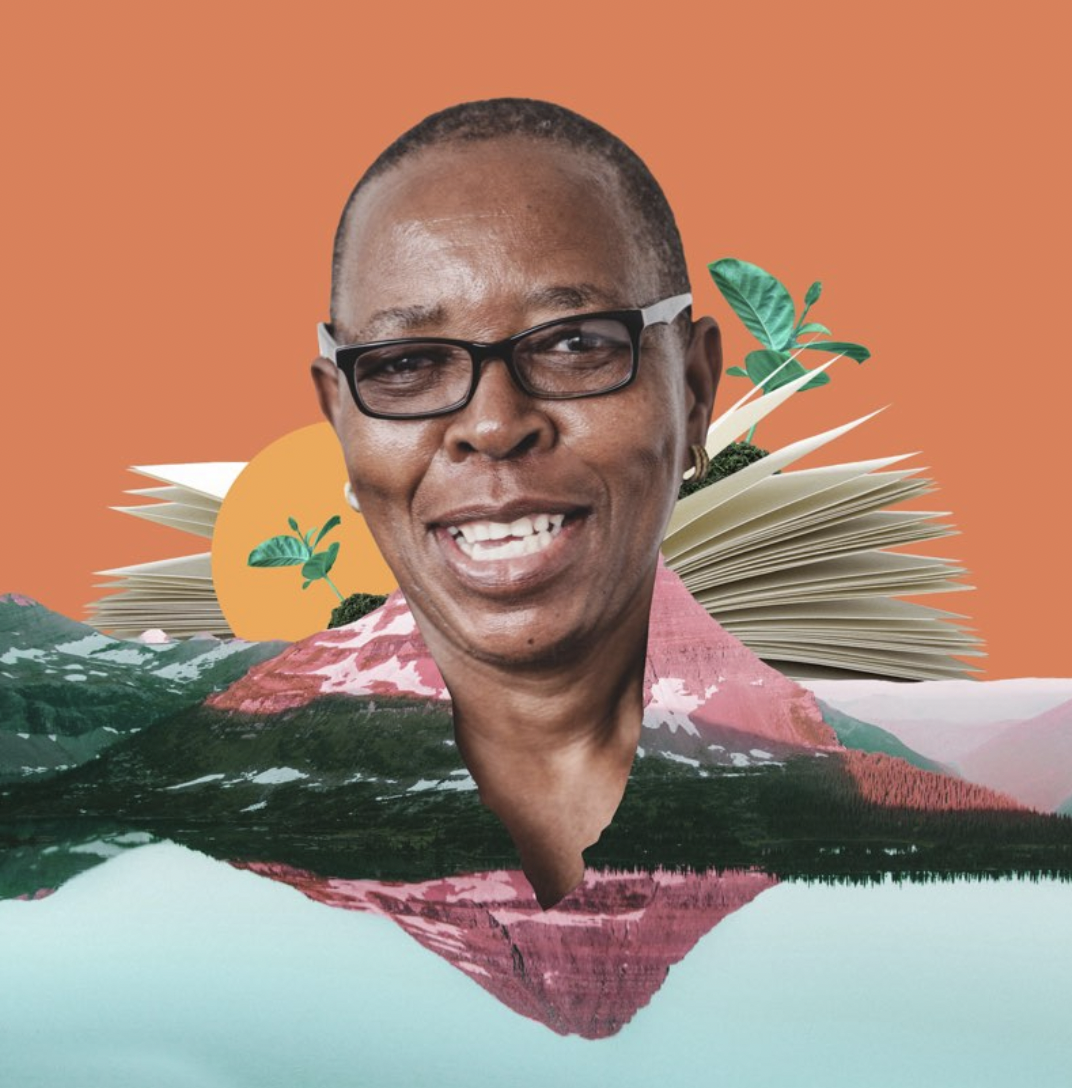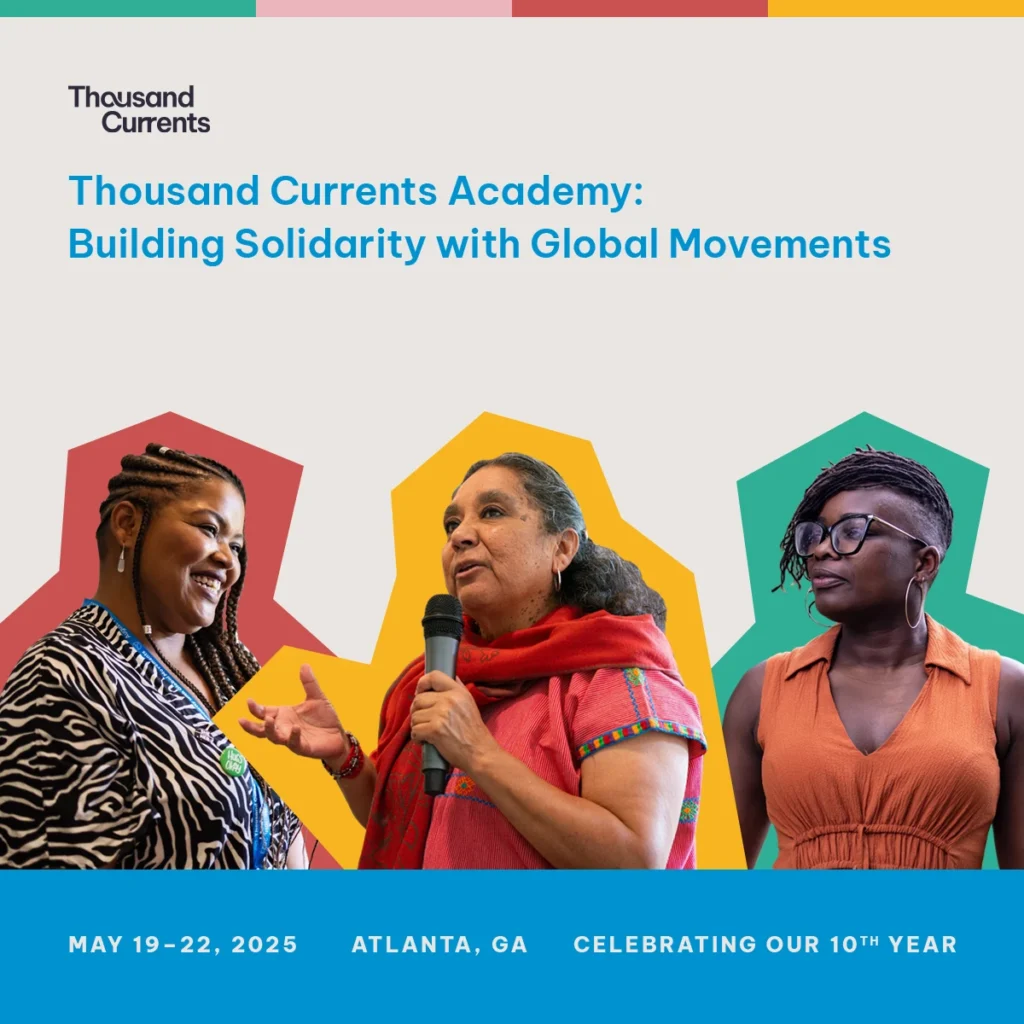Holding Our Ground
A project of Thousand Currents, Holding our Ground: Voices for Food Sovereignty is a series about the lives of 13 African farmers.
For over 50 years, industrial agriculture, land grabs, structural adjustment programs and free trade agreements have undermined the ability of nations in the Global South to produce and have ownership of their own food by incentivizing the implementation of corporate-backed initiatives. Heavily dependent on the volatile international market for food and on corporations for expensive seed and chemical inputs, Africa’s food systems have been among the most negatively impacted and least documented. The ongoing grabbing of African lands by multinational corporations and the exploitation of African labor and resources by extractive trade agreements have reduced public investment in local farmers and food production and have undermined African attempts to, among other things, build liberatory economic systems, attain food sovereignty, and control our lands, territories, labor and resources.
Despite the cards being stacked against them, African farmers have been and continue to plant seeds of defiance and self-determination, and those seeds have been taking root. It’s because of small-scale farmers and social movements across the African continent that solutions are emerging and paving a way for food sovereignty and mitigating climate emergency. These are the sprouts of visions and practices for a world where sustainability, autonomy, balance, and justice thrive.
One of the most powerful examples of farmers rising against all odds is the fact that, despite giant corporations’ global campaign to commoditize seeds, 80 to 90 per cent of the seeds planted in Africa are supplied by millions of small scale farmers throughout Africa and it is food grown from these seeds that feeds the majority of Africans. It is these farmers, mostly women, that are maintaining Africa’s biodiversity by cultivating a diverse variety of indigenous seeds that are also ecologically resistant. These farmers are the frontlines of the resistance against environmental destruction, land grabs, and corporate power and actively endorsing agroecological practices of farming as a way to synthesize ecological well-being and food production .
These 13 farmers come from varying backgrounds, contexts and drive. They include Mariama Sonko from Senegal, a founding member of Nous Sommes la Solution/We are the Solution, a west African peasant women’s network that focuses on the importance of seed sovereignty and local sourcing of food; Ntinga Ntaba kaNdoda member, Busisiwe Mgangxela from South Africa who emphasizes that food sovereignty is not just about having access to food, but also about growing diverse crops and having land to grow food on; and Elizabeth Mpofu from Zimbabwe, the General Coordinator of the global peasant movement La Via Campesina and a member of the Zimbabwe Smallholder Organic Farmers Forum, whose land is a lifeline for her and her community.
These are just three of 13 farmers that Rudo Chigudu, a Zimbabwean writer and artist, interviewed over the course of two years that culminated into this series. The stories, and the accompanying art work by Ethel Tawe and Richard Musinguzi, take us from narratives about resisting life under apartheid in South Africa, to the liberation movement in Zimbabwe, to migration through different parts of Ethiopia, to stories of building a movement of women farmers in West Africa all through the lens of each farmer’s fight for food sovereignty, for agroecology, in defense of life, land, and territory. These are their stories.



